Synopsis
Adam Rutherford tells the story of the biological cell. He explores how centuries of scientific and religious dogma were overturned by the discovery of the cell.
- Programme: The Cell
- Episode: 1: The Hidden Kingdom
- Channel: BBC Four
- Broadcast year: 2009
- Biology
Licence: ERA Licence required
UK only
Staff and students of licensed education establishments only
Cannot be adapted
Add Notes
More clips from The Cell
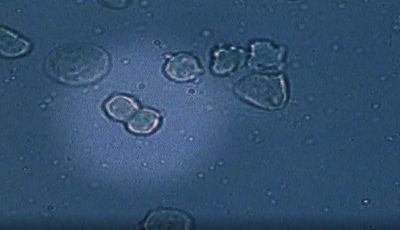
The Discovery of Cell Division | The Cell
The Discovery of Cell Division | The Cell
How little-known scientist Robert Remak came to observe and describe the process of cell division for the first time.
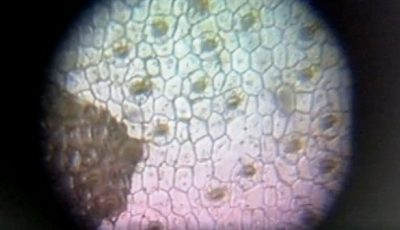
The Identification of the Cell Nucleus | The Cell
The Identification of the Cell Nucleus | The Cell
How Robert Brown used the microscope to notice, identify and describe the nucleus, and discover its ubiquity in cells.
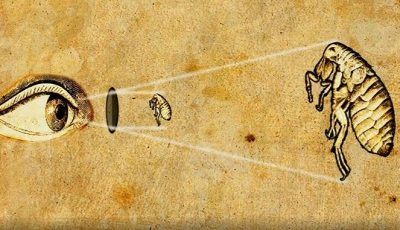
The Invention of the Microscope | The Cell
The Invention of the Microscope | The Cell
Adam Rutherford explains how, in the 1670s, Dutch businessman Anton van Leeuwenhoek revolutionised microscopy by curving a lens mo...
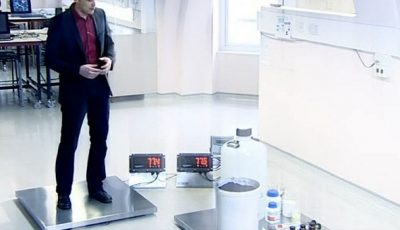
What makes a human? | The Cell
What makes a human? | The Cell
Adam Rutherford gives a basic introduction to cells, and how understanding them is the cornerstone of biology.

The Discovery of Cell Division | The Cell
The Discovery of Cell Division | The Cell
How little-known scientist Robert Remak came to observe and describe the process of cell division for the first time.

The Identification of the Cell Nucleus | The Cell
The Identification of the Cell Nucleus | The Cell
How Robert Brown used the microscope to notice, identify and describe the nucleus, and discover its ubiquity in cells.

The Invention of the Microscope | The Cell
The Invention of the Microscope | The Cell
Adam Rutherford explains how, in the 1670s, Dutch businessman Anton van Leeuwenhoek revolutionised microscopy by curving a lens mo...

What makes a human? | The Cell
What makes a human? | The Cell
Adam Rutherford gives a basic introduction to cells, and how understanding them is the cornerstone of biology.
More resources about Cell Biology

01: Creation | How to Build a Human
01: Creation | How to Build a Human
Scientists are now at the pivotal moment of being able to unlock the instructions hidden in the cells of humans.

03: The Secret of Sex | How to Build a Human
03: The Secret of Sex | How to Build a Human
The precise mechanics of human sexual reproduction are revealed,using new technology to produce previously unseen images.
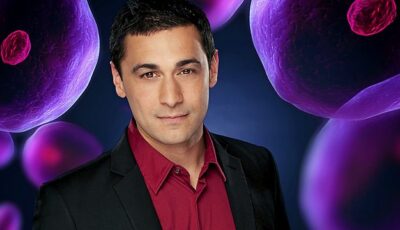
2: The Chemistry of Life | The Cell
2: The Chemistry of Life | The Cell
Adam Rutherford explores how scientists delved deeper into the world of the cell, seeking to reveal the magic ingredient that can bring c...
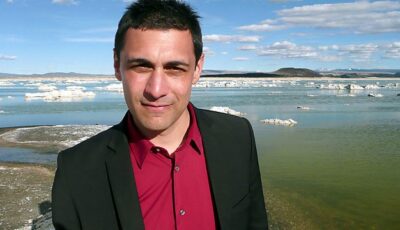
3: The Spark of Life | The Cell
3: The Spark of Life | The Cell
Adam Rutherford reveals how scientists are close to repeating what has happened only once in four billion years - the creation of a new life ...
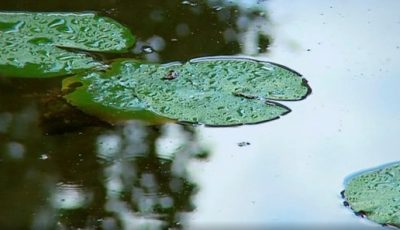
All life needs water | Bitesize Science
All life needs water | Bitesize Science
Osmosis is a special type of diffusion, involving water, where molecules move from a high to a low concentration.
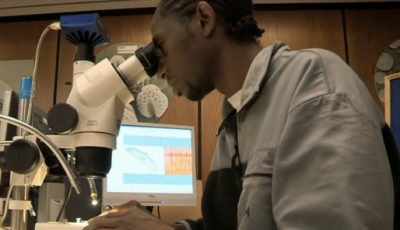
Beneath the surface | Bitesize Science
Beneath the surface | Bitesize Science
Microscopes continue to develop over time, giving us access to increasingly incredible magnification.
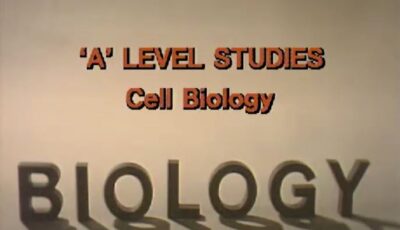
Biology: 1: Cell Biology | A-Level Studies
Biology: 1: Cell Biology | A-Level Studies
First of series is a journey to the innermost depths of cells to explore the com plex yet beautiful processes which are the basis ...

Cell Cycle | AS Guru
Cell Cycle | AS Guru
Programme for AS level students, comprising archive clips and interviews.
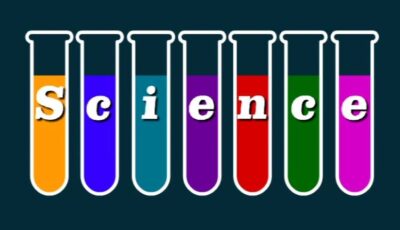
Cell Division | GCSE Bitesize Revision
Cell Division | GCSE Bitesize Revision
Animated shorts to support students preparing for assessments in GCSE Additional Science.
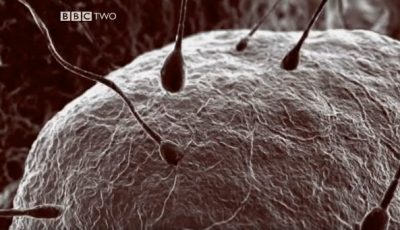
Cell division | i-Science
Cell division | i-Science
What is the role of mitosis and meiosis in the human body?
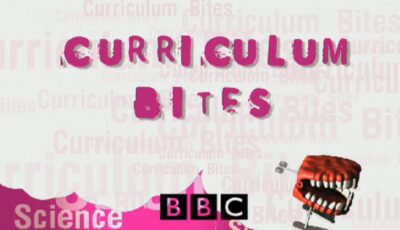
Cells | Curriculum Bites
Cells | Curriculum Bites
Schools science programme where topics in the double science curriculum are broken down into small chunks.

Cells and their environment | AS Guru
Cells and their environment | AS Guru
Programme for AS level students, comprising archive clips and interviews.
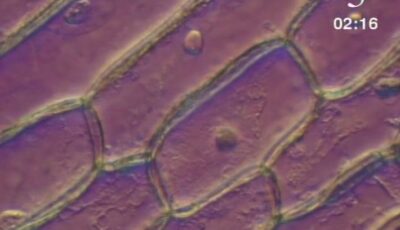
Cells under a microscope | Science In Action
Cells under a microscope | Science In Action
Spec references J247: B1.1a. Showing onion cells and cheek cells under a microscope.
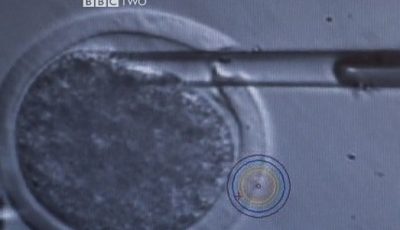
Clones | i-Science
Clones | i-Science
Daphne and Barbara are so similar because they are clones, two people who have exactly the same genetic makeup. When their mother was pregnant, her fertil...
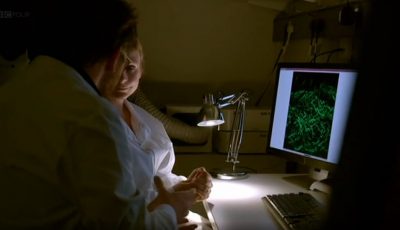
Collagen | Secrets of Skin
Collagen | Secrets of Skin
Collagen makes up 90% of the skin dermis. Professor Ben Garrod talks to a scientist studying collagen whose research has some ground-breaking appl...
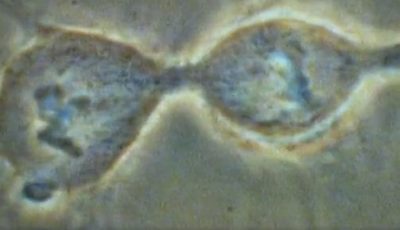
Dance of the chromosomes | Bitesize Science
Dance of the chromosomes | Bitesize Science
Mitosis is a type of cell replication that is essential to the human body's ability to grow and repair.

Death By Design | Horizon
Death By Design | Horizon
The radical notion that each cell in our body is programmed to die has major implications for research into disease and bodily development. This fi...
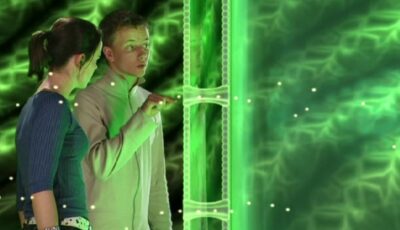
Diffusion | Curriculum Bites
Diffusion | Curriculum Bites
Spec references J247: B2.1a J250: B2.1a. Definition of diffusion and what substances go into the cell.

Diffusion and Osmosis | GCSE Bitesize Revision
Diffusion and Osmosis | GCSE Bitesize Revision
Spec references J247: 2.1a J250: 2.1a. Animated shorts to support students preparing for assessments in GCSE Additional Science.

Elastin | Secrets of Skin
Elastin | Secrets of Skin
Why do we get wrinkles? Professor Ben Garrod explores the function of elastin in an animal's skin.
